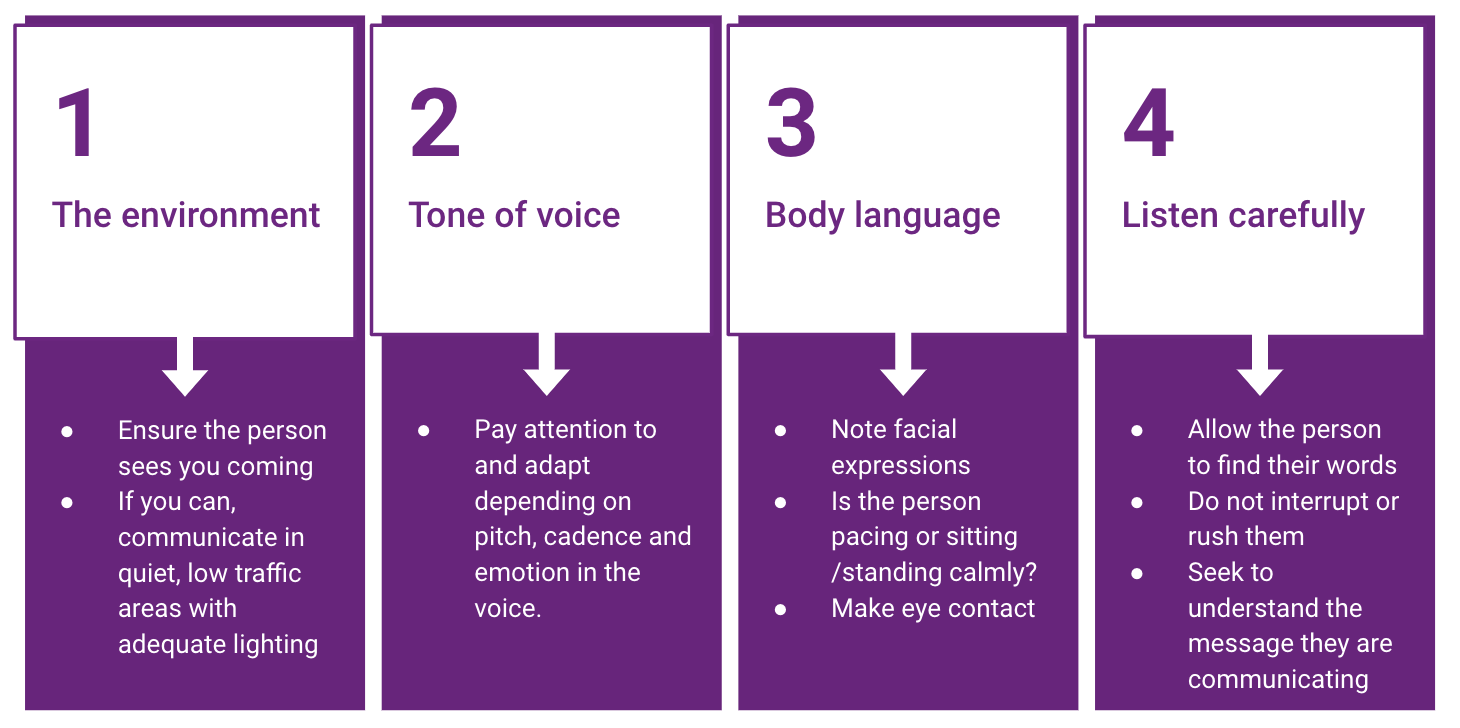Listen before you lead - Let’s prioritize empathetic communication
By Rahzeb Choudhury and Ashley King
During two years of pandemic, we had to prioritize and spend a great deal of time implementing policies, procedures and practices that are closer to a pure medical model of long-term care.
We received instructions down a chain of command, starting with health authorities and ending in how we interacted with the people in our care, their loved ones, and our teams. Sometimes we didn’t agree with the dictates, but still, we put them into practice.
Guess what, this way of working is unhealthy. It’s bad for everyone's quality of life. We are fortunate. Yes, there are lots of issues we need to deal with after the pandemic. We can exhaust ourselves just listing them. But there are some areas where we can take back control. How we communicate and interact with each other is one of those.
Everyone in the long-term care community that has been following the monthly Pathways Series will know that we are working with Narrative Gerontology Pioneer and Tai Chi Teacher, Gary Irwin-Kenyon, Ph.D. Gary starts each monthly session with a talk about Stillness and followed by exercises based on tai chi. These serve many functions.
Back last fall we wanted to help our community with self-care. The loss of control was taking its toll. Stillness exercises based on tai chi are proven as great tools to help find moments of rest and rejuvenation throughout the day.
In this video, Gary explains why Stillness is vital to our lives and shows us a number of exercises.
Listening before you lead
Now, as we focus on the topic of person centred communication, the ability to still our minds, what some also call center, is vitally important. When we clear away the baggage of what happened before now, of what we expect, and, stop being busy with all the things we still have to do, we enter what Gary calls a “timeless now” when we can be fully present in the moment.
When we are fully present in the moment, we can actively listen and communicate with empathy. When we communicate with each other with empathy we take back and provide each other with control during an interaction. We move closer to a model of care and organizational culture based on dignity, respect, trust, and autonomy.
So while it seems like a simple point - listen before you lead - just taking that second or two to take the situation in before responding can make a world of difference now, practiced throughout the day, and habitually by a whole organization.
During a Pathways session in March, our colleague Daphne Noonan introduced this 4 step framework to help listen before you lead in dementia care.

